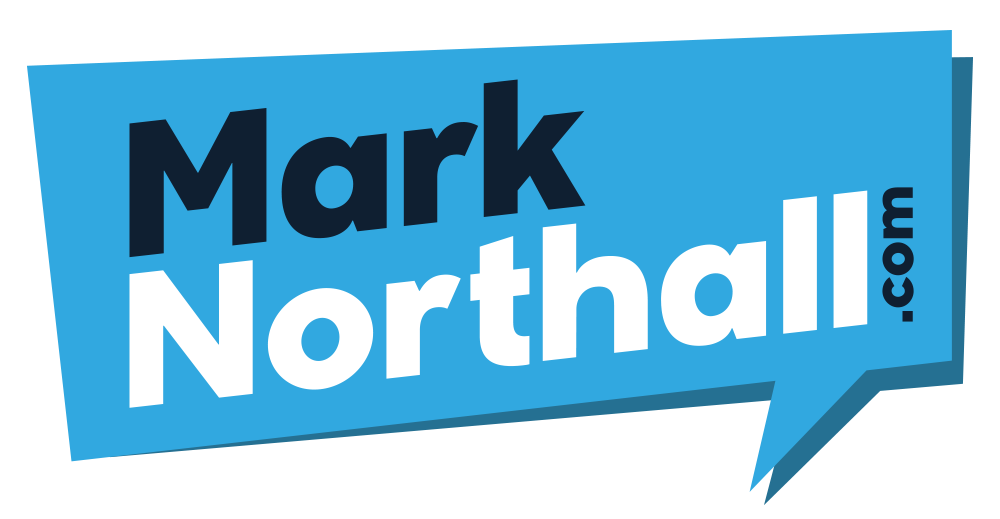For many of us part of our jobs involve building a network, so imagine after being employed you sign up to LinkedIn using your personal name. You start inviting your network as well as new contacts to connect with you on the networking platform in a mix of private and employers time. In order to better facilitate your sourcing activities on LinkedIn, your company starts reimbursing you for a paid account.
I think the above is a very likely scenario for a lot of people, particularly in any outward-facing role (such as sales and marketing) as part of an organization. And if you don’t feel the problem brewing, then maybe you need to make sure that you don’t end up like a US employee did.This person decided to leave the company. The company demanded ownership of his LinkedIn Profile. That’s right, they are not asking for the database of his LinkedIn connections, which is fair game, but for his username and password. The company wants ownership of this employee’s social networking account in its entirety.
It would be interesting to see if there have been any court cases regarding who rightfully owns the LinkedIn account in this instance, so that we can all confirm what the legal precedent is. I am not a lawyer in any fashion, but something tells me 1) the company should have opened a LinkedIn account and provided the employee with a username and password to use (along with a legal agreement that ownership of the account passes on to the company when the employee leaves) and 2) because the company did not do this and merely reimbursed the employee, they do not have the legal right to ask for outright ownership of the account, although they obviously deserve access to the information in the database.
As you can see, we are navigating uncharted waters when we talk about social networking. There are no rules established for this. And professional networks like LinkedIn truly blur the lines between your “professional” network and your “personal” one. Add the fact that there is a paid service available on LinkedIn, and you begin to wonder why we haven’t heard about this potential problem before.
So, in this scenario, who do you side with, the employer or the ex-employee? And for what reason?
Regardless, if you are potentially in a similar situation, save yourself future headaches and create your own personal LinkedIn account, making sure that you separate your private network of connections from your employer’s. You never know when you may be fighting this same battle when you leave your next job.
And Employers – make sure that those lines are not blured by having a clear Social Media Policy that staff sign up to at induction – its a lot easier to sort out at that point than when things go wrong!
Need help in this complex area ? Drop me an email and lets talk !

